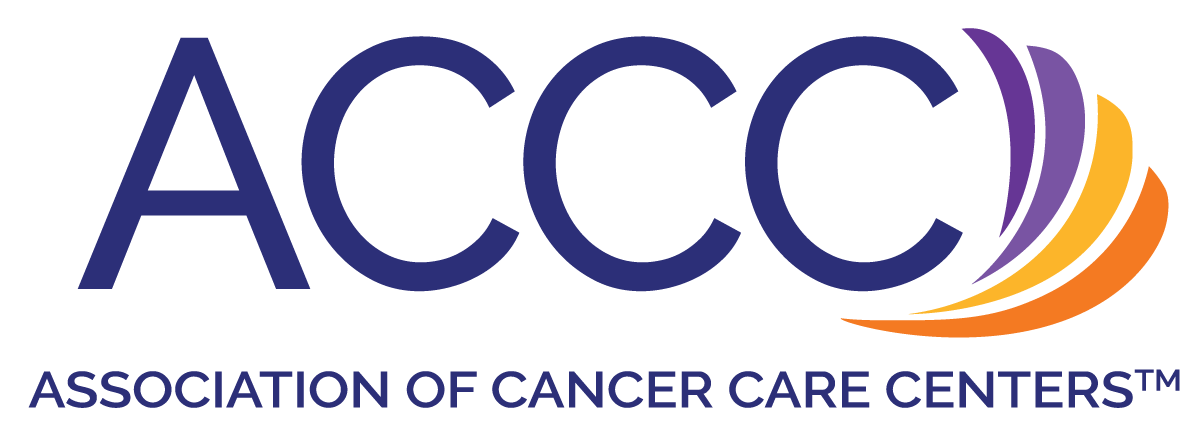
Advanced Practitioners May Help Expand Oncology Practice in Rural Areas

As the population ages and the rate of cancer screenings fall due to the coronavirus disease 2019 pandemic, the lack of rural oncologists underscores the need for advanced practitioners.
As the population ages and the rate of cancer screenings fall due to the coronavirus disease 2019 (COVID-19) pandemic, the lack of rural oncologists underscores the need for advanced practitioners (APs), according to the Association of Community Cancer Centers (ACCC).
Thirty-two million Americans live in a county without an oncologist and an estimated 66% of rural counties in the United States have no oncologist. This presents a uniquely difficult problem as the population ages. This is compounded due to the fact the COVID-19 pandemic has delayed or canceled cancer screenings for many at-risk patients due to stay at home and social distancing order. Oncologists fear that this will lead to an increase in harder to treat stage 2 and stage 3 cases.
“Luckily, with telehealth being implemented, often virtual video appointments or phone calls can be completed to ask patients simple questions…But there are still many instances understandably where physical assessment or evaluation has to be performed in person,” Kristin Ferguson, DNP, RNOCN, the senior director of cancer care and health policy at ACCC told Targeted Oncology, in an interview. “When a person is feeling ill or having side effects from a treatment, it makes it harder for them to travel and the longer they have to travel for care because of the lack of oncologists or access to care. It's a very big issue.”
According to the ACCC, APs can help fill the gap in rural areas. APs include physician assistants, nurse practitioners, clinical nurse specialists, and pharmacists. They work with the physician in order to improve workflow and efficiency, which allows physicians to spend more time with their patients. This interdisciplinary approach leads to high patient satisfaction.
An interdisciplinary approach can help increase cancer programs and practices, allowing for needs to be met in rural communities. Incorporating APs into oncology practice can help alleviate the strain on rural oncologists and expand the availability of practice.
“We've seen patient satisfaction remains high among patients who see interdisciplinary teams who can provide this specialized care. You know, APS who are able to practice independently according to their state's licensing guidelines, will be able to help most in rural areas where it can be more difficult for people to access care close to home,” Ferguson said. “They're also able to provide value in urban areas to where more people are being treated due to the population density being high. And the more trained specialists you have taken care of you, the stronger and more comprehensive that care is going to be, which is what you want when you're being treated for cancer.”
REFERENCE:
Statement on the Value of Oncology Advanced Practitioners [News Release] January 27, 2021; Rockville, MD. Accessed February 8, 2020. https://bit.ly/3cTXN6n



















